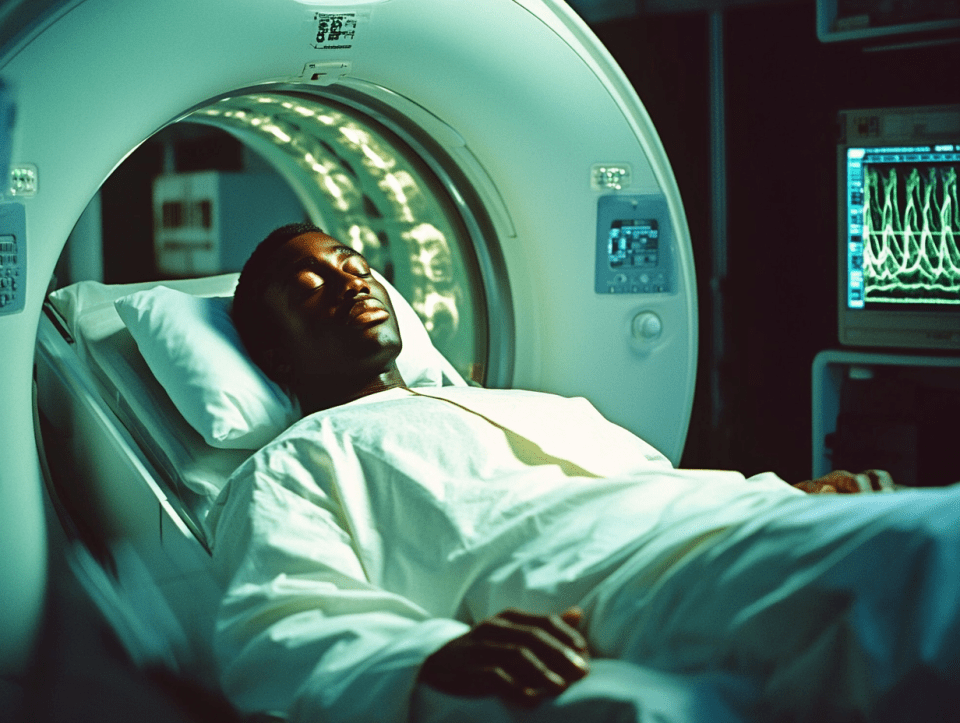Boost your brain power with these simple tips

Cognitive science breakthrough
Movement represents more than just physical exercise—it’s a neurological optimization strategy. Recent research from Penn State College of Medicine shines a light on how everyday activities can significantly enhance mental processing capabilities, offering an accessible way to boost brainpower.
Revolutionary research methodology
To uncover this brain-body connection, researchers utilized innovative mobile technology. They surveyed participants five times daily over a week, tracking their activity levels and cognitive responses. Participants completed simple brain games designed to measure cognitive processing speed. This real-time data collection created a clear link between movement and neurological function.
Unexpected cognitive gains
The study delivered some remarkable and unexpected findings. Participants who engaged in light physical activity experienced significant boosts in their mental reaction times. Cognitive processing speed improved by approximately 60 milliseconds, a result equivalent to reducing one’s cognitive age by four years.
This finding highlights the profound power of movement, proving that even minimal activity can unlock measurable cognitive benefits.
Activity intensity spectrum
Researchers categorized physical activities into three distinct intensity levels to better understand their impact:
Light: Activities such as walking the dog, light household cleaning, or casual strolling.
Moderate: Brisk walking, leisurely cycling, or engaging in recreational sports.
Vigorous: High-intensity activities like running, fast cycling, or strenuous workouts.
Surprisingly, even light activities showed measurable mental improvements, highlighting that you don’t need a gym membership or a rigorous routine to benefit.
Neurological mechanisms
So, what’s happening inside the brain when we move? Physical activity activates multiple neurological pathways that sharpen cognitive function:
Increased neurotransmitter release: Movement boosts dopamine and serotonin production—two neurotransmitters responsible for mood regulation and mental clarity. This chemical release helps improve focus and energy levels while reducing stress.
Enhanced cardiovascular function: Physical activities, especially those of moderate intensity, promote healthier blood flow, delivering oxygen and nutrients essential for brain performance.
Improved frontal lobe blood circulation: The frontal lobe, responsible for critical thinking, problem-solving, and decision-making, thrives on increased circulation during exercise, leading to sharper mental processing.
Heightened neural alertness: Movement stimulates neural networks in the brain, improving overall responsiveness, speed, and alertness.
The combined effects make physical activity a powerful tool for enhancing both short-term and long-term brain function.
Practical implementation strategies
The best part? Incorporating brain-boosting movement into your life doesn’t require drastic changes. Small, intentional shifts in your daily habits can yield significant cognitive benefits:
Take periodic walking breaks: If you sit for long hours at work, set a timer to remind yourself to get up and walk around every hour. Even 5–10 minutes of light movement can improve focus and energy.
Choose the stairs over elevators: Simple choices like taking the stairs instead of the elevator or escalator can increase daily activity without much effort.
Make household chores productive: Activities like sweeping, mopping, gardening, or organizing your home may seem mundane, but they contribute to cognitive benefits by keeping you active.
Join fun, social exercise classes: Group activities like yoga, dance, or aerobics are not only great for physical fitness but also stimulate mental engagement and social interaction.
The key is to approach movement in a way that feels sustainable and enjoyable.
A scientific perspective
Dr. Vernon Williams, a neurology expert, emphasizes the transformative potential of movement. According to him, the belief that only intense workouts improve brain function is outdated. In reality, even light activity—like a brisk walk or a quick clean-up—can make a measurable impact on cognitive performance.
This revelation challenges conventional exercise paradigms, proving that movement, in all its forms, should be celebrated as essential for mental health.
Dr. Williams and other experts agree: movement isn’t just physical; it’s mental medicine.
Conclusion
Physical activity has emerged as one of the simplest, most accessible tools for enhancing brainpower. The research is clear—whether through light daily movement or more intentional exercise, getting your body in motion can sharpen focus, improve mental clarity, and even reverse signs of cognitive aging.
The beauty of this discovery lies in its simplicity. You don’t need a rigorous fitness regimen to see results. By making small, consistent efforts to move more—like walking, taking the stairs, or staying active around the house—you’re taking steps toward a healthier, sharper brain.
So, whether it’s a morning walk, an afternoon stretch, or a quick dance break, embrace movement as your secret weapon for mental optimization. Because sometimes, the path to a sharper mind is as simple as putting one foot in front of the other.













